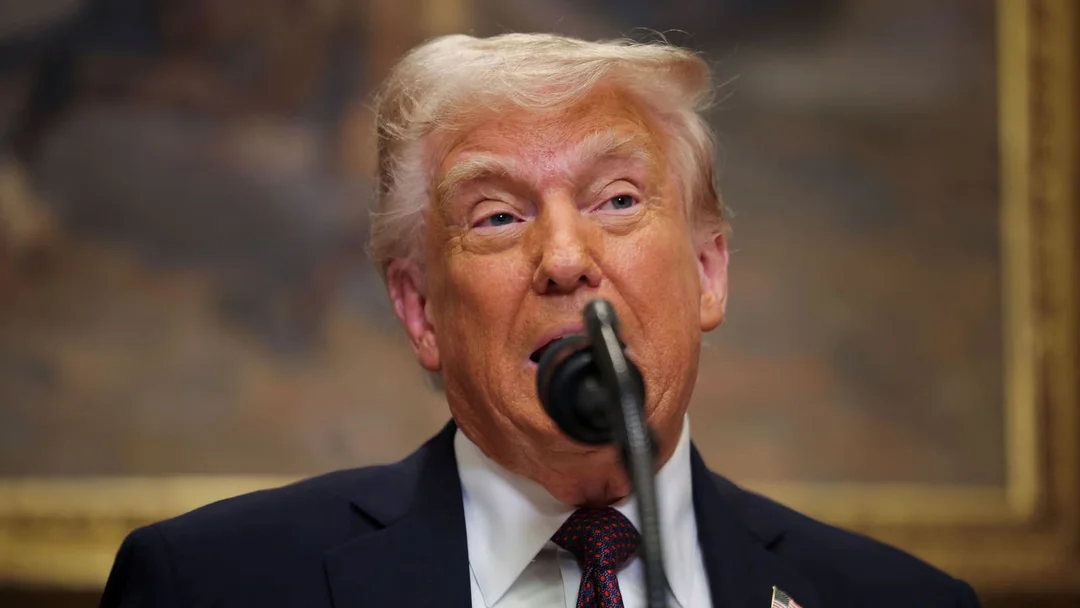
Trump Imposes Reciprocal Tariffs on Autos and Pharmaceuticals
President Donald Trump has announced the implementation of reciprocal tariffs on autos and pharmaceuticals, escalating trade tensions with major trading partners. These tariffs, designed to match those imposed by other countries on American goods, aim to level the playing field but have sparked concerns about potential retaliation and increased costs for consumers.
The decision, detailed in recent reports from the Financial Times, Wall Street Journal, CNBC, and The Hill, comes after months of negotiation and debate over trade policies. The tariffs on autos could significantly impact the global automotive industry, while the pharmaceutical sector braces for changes in drug pricing and availability.
Exemptions to these tariffs have been granted to certain countries and industries, but the overall strategy remains a point of contention among economists and policymakers. Critics argue that such measures could lead to a broader trade war, while supporters believe they are necessary to protect American industries and jobs.
The administration has set a deadline for these tariffs to take effect, urging affected industries to prepare for the changes. As the global trade landscape continues to evolve, the impact of these reciprocal tariffs will be closely watched by both domestic and international stakeholders.


